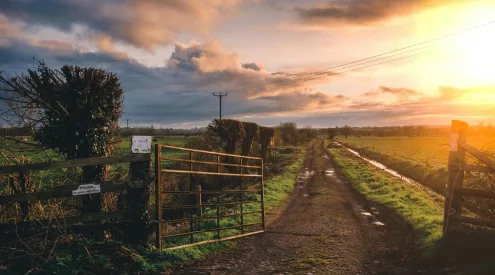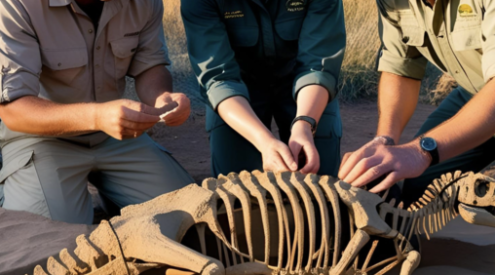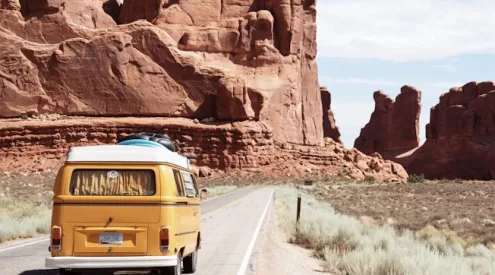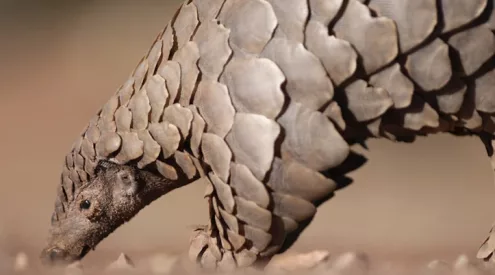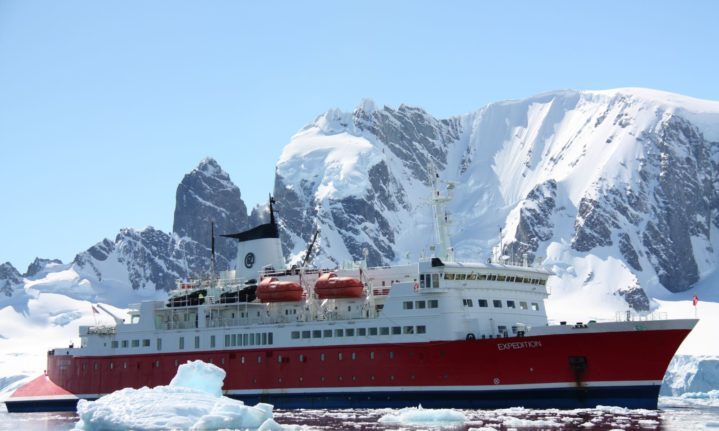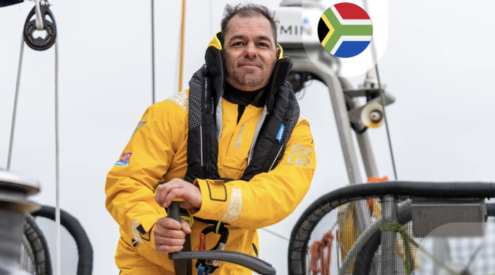Aurora Expeditions will launch the ‘Antarctic Climate Expedition’, the first of its kind, spearheaded by Oceanographer Dr Sylvia Earle. The fully carbon neutral company urges all interested individuals to join them on this journey.
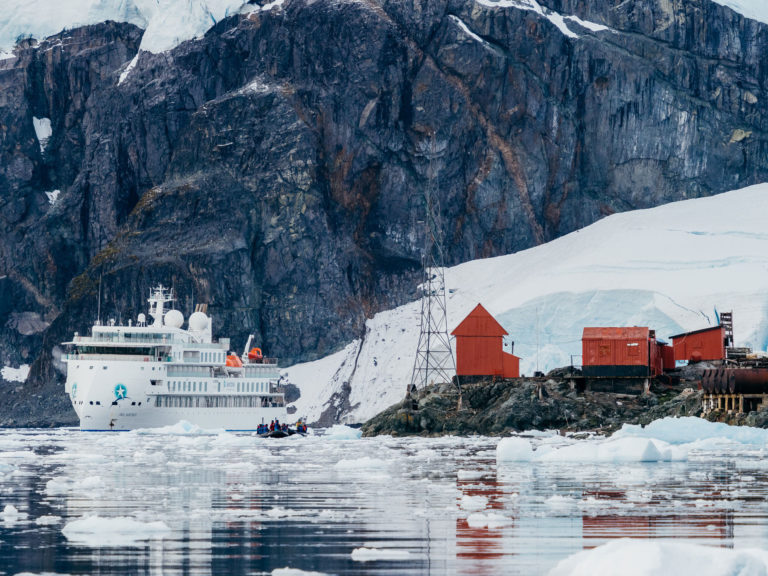
Picture: Aurora Expeditions
Scientists, academics, teenagers and journalists who want to help inspire transformative changes for global net-zero emissions are invited to apply for this brain trust, which is assembled from all over the world to affect meaningful change in our relationship to life on earth.
Dr Earle aims to host 100 guests on this expedition summit that has been dubbed ‘mission blue’, occurring in February 2023. Dr Earle comments that it ‘will be a moment in time of a gathering of great minds, a brains trust, for commitments to resolve what it takes to move from where we are now to a better future. This can be your legacy; you can help change the current course from a catastrophic outcome to a healthy, habitable planet.’
The expedition will take place on a newly built ship, named after Dr Earle, which boasts one of the lowest-marine engines in the world. Its low energy and consumption will result in an 80% reduction in emissions when compared to other standard vessels.
The 12-day expedition will depart on 13 February 2023, with two nights, and a full-day conference in Ushuaia, Argentina. This will be followed by a nine-day voyage onboard the Sylvia Earle that features the Drake Passage, Aitcho Islands of the Antarctic Peninsula, Hope Bay, Brown Bluff, Enterprise Island and Lemaire channel.
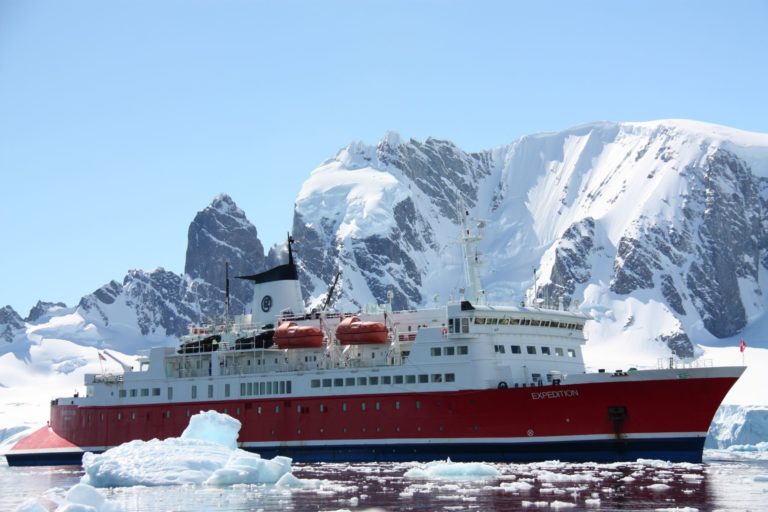
An expedition ship in front of Enterprise Island, one of the featured sites on Mission Blue.
There will also be a post-voyage night in Punta Arenas, Chile. With the voyage expected to host leaders in the fields of science, arts, education and economics along with conservationists, Mission Blue will attempt to develop strategies to reduce carbon emissions.
Expedition members will help formulate 23 resolutions to inspire changes and achieve global net-zero emissions by 2050.
Those wanting to be part of this pivotal Antarctic summit are invited to submit an application request form here
ALSO READ
The Arctic’s “last ice area” showing signs of global warming, scientists warn

